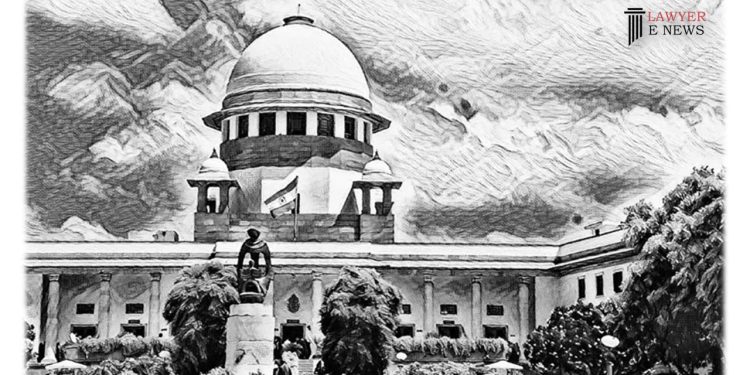-
by Admin
16 February 2026 1:47 PM



In a significant ruling, the Supreme Court of India has clarified the extent of liability that can be fastened upon former directors of a company for offences under the Negotiable Instruments Act, 1881. The apex court, in the case of Rajesh Viren Shah vs. Redington (India) Limited (2024 INSC 111), has set aside the judgments of the High Court of Judicature at Madras, thereby quashing all criminal proceedings against the appellants, who were former directors of the respondent company.
The crucial legal question addressed by the court was whether a director, who has resigned and whose resignation is duly recorded in accordance with the relevant statutory provisions, can be held liable for cheques issued by the company after their resignation.
The appellants, Rajesh Viren Shah and Sanjay Babulal Bhutada, were accused in a complaint filed under Section 138 of the Negotiable Instruments Act for cheques issued by the company after their resignation. Their resignations were officially recorded in the company’s records before the dates on which the cheques were drawn.
The court meticulously analyzed the statutory provisions, particularly Section 141 of the N.I. Act, and various precedents. It emphasized the need for specific averments in the complaint to establish the liability of a director under Section 141 of the Act. The bench highlighted that the primary responsibility lies with the complainant to make necessary averments and establish the accused’s active role at the time of the commission of the offence.
In examining the facts, the court found that the appellants had resigned before the issuance of the cheques and their resignations were duly recorded. There was no evidence to indicate their involvement or responsibility for the company’s affairs at the time the cheques were issued.
Based on these observations, the Supreme Court concluded that the appellants could not be held liable for the cheques issued after their resignation from the company. Consequently, all criminal proceedings against them were quashed.
Decided on February 14, 2024.
Rajesh Viren Shah vs. Redington (India) Limited,
